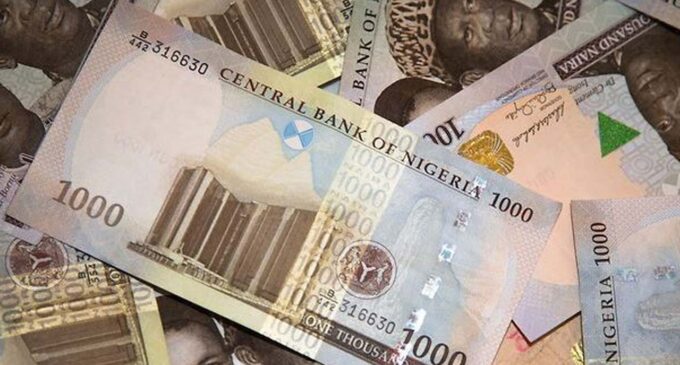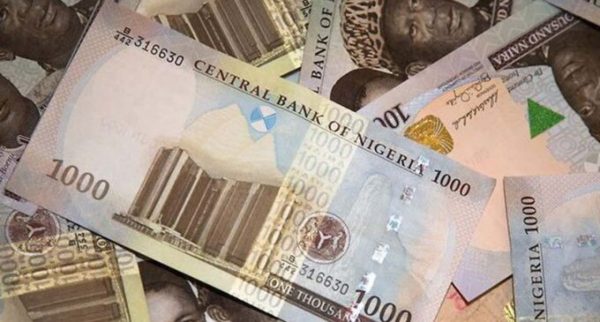The past year was a trying period for most Nigerians. Inflation was rampant, businesses struggled, and consumption stagnated. Most have come into the New Year hoping that it’ll be much better. While it’s difficult to tell how things will shape up, we can at least come up with projections based on current realities. That’s what we attempt to do in this survey of what to expect from the Nigerian economy in 2025.
Read more about Business
Here, we’ll talk about what’s previously gone on with a few key economic indicators: inflation, exchange rate, interest rates, and GDP. We will explain how they could change this year, and how such changes might affect businesses.
Inflation
As we noted at the start of this article, inflation soared in the past twelve months, reaching levels not seen in decades. As of November 2024, it was 34.6%. Food inflation—which measures the persistent rise in the prices of food items –was even higher, standing at 39.93% in the penultimate month of the past year. Given that Nigerian workers spend at least 65% of their salaries on food (according to the World Food Program), it’s no surprise that such price rises severely impact the lives of most citizens.
Some economic analysts believe that Nigeria’s inflation rate will fall in 2025, perhaps beginning in the first few months. For example: Fitch, a global ratings agency, projects that inflation will hover around 26.2% this year. This doesn’t mean that prices will be slashed; it just means that they will rise at a slower pace than they did in 2024.
Businesses can respond to this likelihood by continuing to adopt cost-lowering and resource-optimizing measures. What this means in practice differs with each business. But ultimately, the aim is to spend less on non-essentials and make the most of every naira you invest in your operations. You may need to raise prices too. Just make sure to offer great customer service and address concerns promptly and transparently. Doing these could convince many of your customers to stick with you.
Exchange Rates
The Naira struggled through a roller-coaster 2024. Between November 2023 and November 2024, the Naira lost 51.79% of its value relative to the dollar. There was a similar trend of decline versus other major currencies, including the British Pound and Euro. This was a continuation of a general downward trajectory of the exchange rate which accelerated with the CBN discontinuing its sustained defence of the Naira in 2023.
The Naira’s poor performance against key international currencies stems from an undersupply of those currencies in Nigeria. Businesses, especially manufacturers, have suffered as a result. They have often had to turn to the parallel market to obtain FOREX, at higher rates. When they pass on the associated costs, their products become expensive; buyers purchase fewer of them; and sales fall.
Some analysts think that the Naira will be more stable in 2025, thanks in part to increased FOREX revenues from crude oil sales. One report, the Nigeria Macroeconomic Outlook for 2025 (published by Veriv Africa), predicts that the nation’s currency will exchange for between ₦1790 and ₦2,000 per dollar.
Sign up for the Connect Nigeria daily newsletter
All of this indicates that imports will remain expensive, or become even costlier. Businesses that haven’t already switched to less expensive input sources (including local ones) should seriously consider doing so if this is a real option.
Interest Rates
Lenders in Nigeria charge interest on the loans they give out to businesses. And those interest rates are partly determined by the Central Bank of Nigeria, through what it calls the Monetary Policy Rate (MPR). When the MPR is fixed higher, interest rates will rise along with it.
The CBN raised its MPR multiple times in 2024, in a bid to curb inflation. By the end of the year, the rate stood at 27.5%, up from 18.75% in February. However, this has driven up the cost of borrowing for businesses. As a result, many are unable to access much-needed capital to sustain and scale their operations.
There’s hope for some respite on this front. Current projections suggest that MPR may be cut back in 2025 as inflationary pressures begin to recede. Borrowing will probably still be expensive, but interest rates on loans are likely to be lower shortly.
Gross Domestic Product (GDP)
Nigeria’s Gross Domestic Product (GDP) is a measure of the productivity of the country’s economy over a year. So it tells us if an economy is growing, stagnating, or shrinking. Unlike the other indices in this list, national GDP doesn’t directly impact businesses—at least not in the shortest term. However, it is important because it tracks general economic activity. If GDP growth is strong, it’s a sign that a large percentage of businesses are thriving. If it’s negative, that’s a pointer to poor economic conditions.
Most economists expect Nigeria to post modest GDP growth in 2025. The IMF projects a growth rate of about 2.9%; CardinalStone (an investment banking firm) says it could be 3.6%. These figures aren’t significantly different from the highs that Nigeria has achieved in the past decade. The country needs much stronger growth to realize its goal of multiplying the value of its national output.
Register to attend the CN Business Mixer
Final Words
We have laid out some expert thinking about the Nigerian economy in 2025 from institutions qualified to make projections about it. But it’s also true that these thoughts are not error-prone. In the end, it’s up to you to properly prepare your business for the year ahead. Nevertheless, you could find the insights we’ve shared here quite useful for that purpose.
Got a suggestion? Contact us: [email protected]


